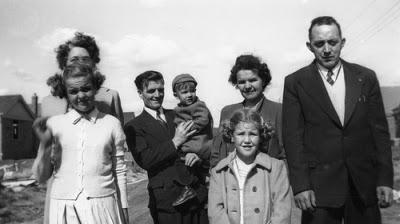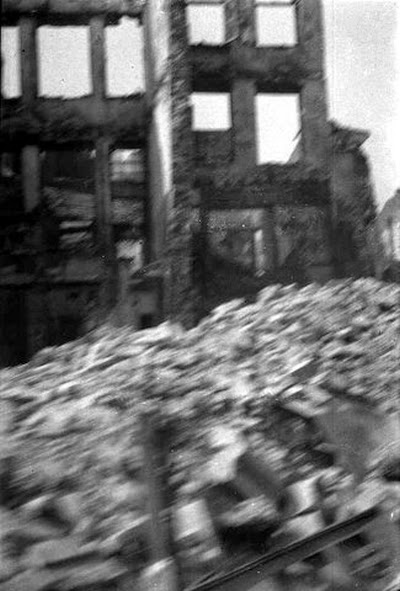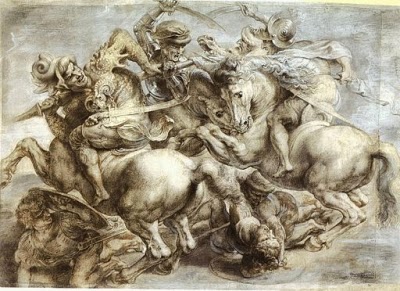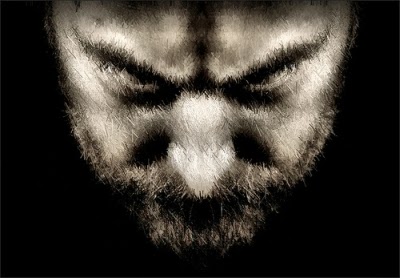Isaiah 19, Part Two: In That Day

Isaiah 19, Part Two: In That Day Isaiah 19:16-25 What's gone before... In the previous 15 verses of this chapter Isaiah declared an oracle ("massa", a heavy burden or a song of doom) concerning Egypt. The LORD would stir up conflict with the nation, confounding their leadership, bringing devestation to Egypt's political, economic and geographic foundations. Now, in Part Two... Isaiah repeats the phrase "In that day" six times in this passage, declaring six specific events or conditions that would befall the Egyptians when the LORD brings war to their nation. In that day the Egyptians will be like women... In that day there will be five cities... In that day there will be an altar... In that day the Egyptians will know... In that day there will be a highway... In that day Israel will be the third with Egypt and Assyria... IN THAT DAY: yom "yome" (to be hot; a day, as the warm hours of daylight, whether sunrise to sunset, or fr...









